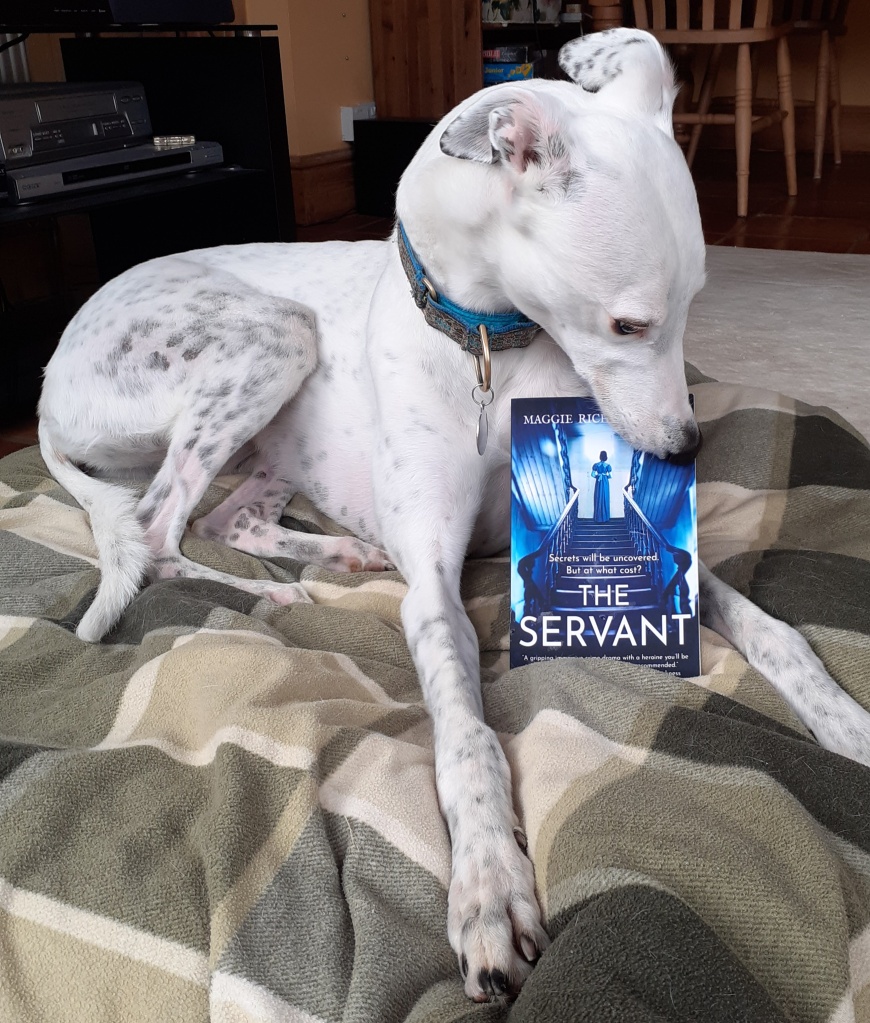Alan Bennett’s 90th birthday on 9th May feels like the perfect moment to relish yet again his Six Poets Hardy to Larkin – An Anthology. Some books are like treats enjoyed just as much – or even more – with each reading. This is one of them.
The selected seventy poems are accompanied by Alan Bennett’s splendidly entertaining comment on the lives and personalities of the poets chosen: Thomas Hardy, A.E. Housman, John Betjeman, W.H. Auden, Louis MacNeice, Philip Larkin.
It was first published in 1990 as Poetry in Motion by Channel 4, and Alan Bennett’s live reading performance was available as an audio cassette and CD, and now as an Audio book on Audible. Two and a half hours of hugely entertaining listening.
Alan Bennett introduces us to each poet in small chunks of engaging conversational commentary in between the poems. This isn’t heavyweight literary criticism but telling and often funny snippets about their lives, alongside Alan Bennett’s own profound insights expressed in his easy-going and unstuffy style.
A flavour, starting with Thomas Hardy, whom all the chosen poets admired: ‘Hardy never said much about writing or the difficulties of it, or the moral difficulties of it. Kafka said that a writer was doing the devil’s work writing a wholly inadequate response to the brutishness of the world, and Hardy increasingly felt this… the act of creation is something to which the ordinary standards of human behaviour do not apply.’
‘Hardy gave up writing novels in 1896 after the hostile reception of Jude the Obscure, a copy of which, it’s particularly worth noting today, was burned publicly by a bishop. He had written poetry all his life and now devoted himself exclusively to it… Poetry has it over the novel in that it uses fewer words. You can do more with less.’
On A.E Housman: ‘Virginia Woolf used to talk of T.S. Eliot and his four-piece suits, and though Housman’s poetry is nothing if not confessional, he was even more buttoned up than Eliot, whose I grow old… I shall wear the bottoms of my trousers rolled has an echo in Housman.’
‘Wilfred Owen, who lived and died during Housman’s lifetime, told a different sort of truth about war… When the Great War came, and hundreds of thousands of young men died in battle, it might be thought that Housman would have been particularly affected. In fact he appears not to have been, and this seems shocking. But poets are not statisticians; one death means more than a thousand. When men are dying like flies, that is what they are dying like.’
On John Betjeman: ‘Writers like to elude their public, lead them a bit of dance. They take them down untrodden paths, land them in unknown country where they have to ask for directions. Most of the poets in the thirties did that, but not Betjeman. He’s always accessible.’
‘Betjeman was born in London at the foot of one of the hills that leads up to Highgate. The charm of this area (which nowadays can be elusive) stayed with him all his life, and his poetry owes as much to hildhood as does Wordsworth’s. London as it was; England as it was.’
‘An artist can be diminished by his virtues and one of Betjeman’s virtues is clarity. However much the reader welcomes clarity, some of the most memorable moments in poetry occur when it isn’t exactly clear what the poet is talking about. Auden has many such moments, but Betjeman never…, because he always is sure, and that’s the penalty of being lucid. He may be pretending it’s light verse when it isn’t, but he knows exactly what he’s about.’
On W.H. Auden: ‘Much of Auden, even most of Auden… I do not understand. Now I could say the same for Ezra Pound or Eliot’s The Waste Land, but there the difficulty is plain: you know you don’t understand Pound or T.S.Eliot right from the start. Auden is different. It seems easy. The landscape’s familiar, there are no out-of-the-way references, and as often as not there’s a gripping opening line to get you off to a good start – only it doesn’t last.’
On Louis MacNeice: ‘Of course, he had that very English fault: an overdose of irony. Irony stops you being wholehearted, stops you going overboard. But, of course, if you don’t go overboard, you tend not to make a splash, and it’s this, rather than anything lacking in his poems, that makes MacNeice the least known of the poets of his generation.’
‘What is appealing about MacNeice is that he wasn’t a man for certainties… his poetry is about being in two minds – that is, the state most of us are in most of the time.’
On Philip Larkin: ‘Larkin is famous for his fear of death. He’s also famous for his fear of life.’
‘Larkin relished dullness. “Deprivation is for me,” he said famously, “what daffodils are for Wordsworth.” ’
Inevitably, a few favourite poems may be missing from this otherwise brilliant and delightful anthology, but Larkin’s An Arundel Tomb, inspired by a tomb in Chichester cathedral is there, with its unforgettable and hopeful final line: What will survive of us is love.

















